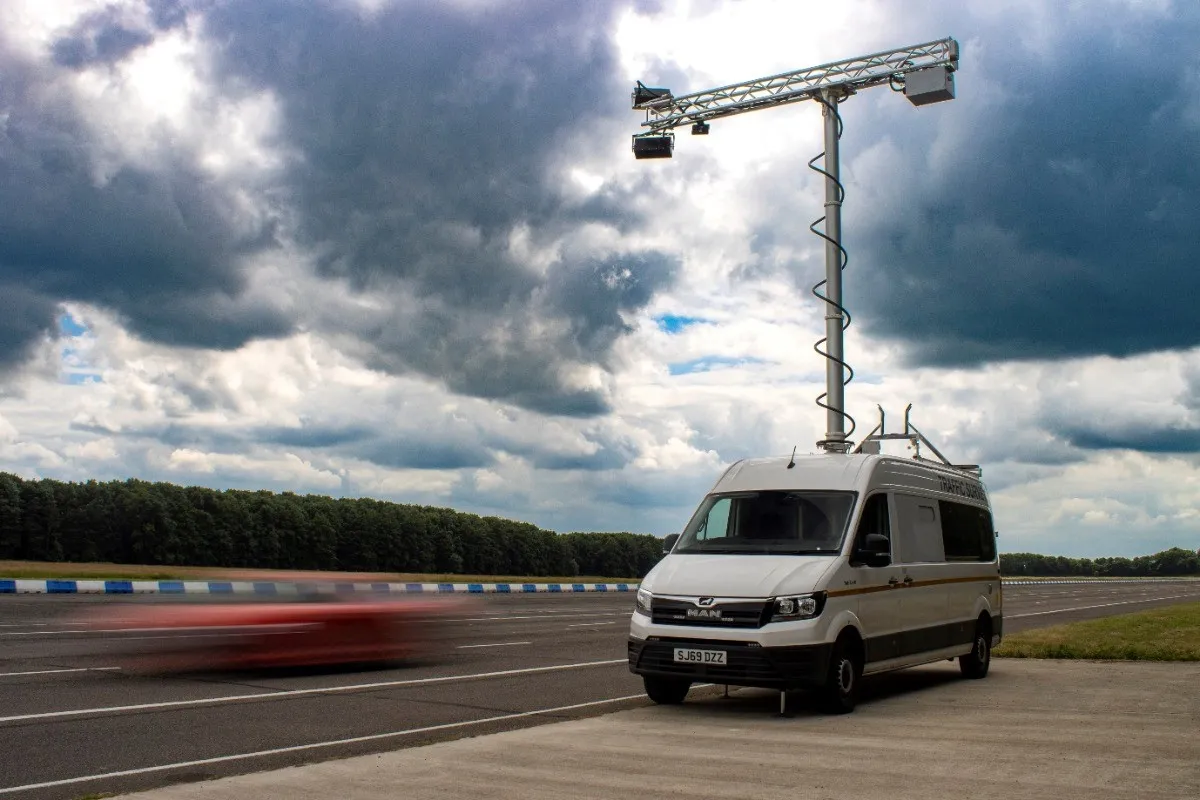An innovative safety system that could reduce accident levels is being developed in Sweden.
February 27, 2012
Read time: 1 min
An innovative safety system that could reduce accident levels is being developed in Sweden. This new technology is intended to determine whether drivers are too tired to drive. Accident data shows that high levels of road accidents are caused by drivers who are too tired while at the wheel and this new system uses eye-tracking to test if the person is not in a fit state to drive. The test involves the person tracking a moving ball and of the eye movements show too slow a response, this reveals the state of fatigue. The aim is to introduce the system as a package for modern cars, similar to the alco-lock devices now installed on many vehicles. As part of the development project some 24 people have undergone tests on the system, which is being developed jointly with the Swedish National Road and Transport Research Institute (VTI) at Linköping in Sweden. The Swedish police force has also expressed its interest in the technology for evaluating how tired drivers are to assess their state of fitness to drive.









